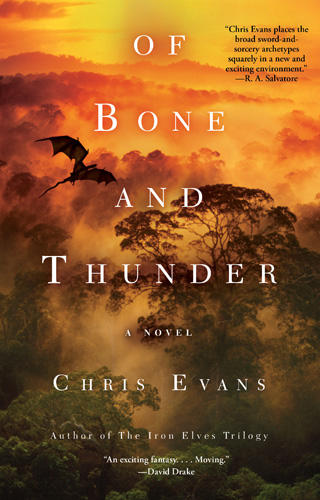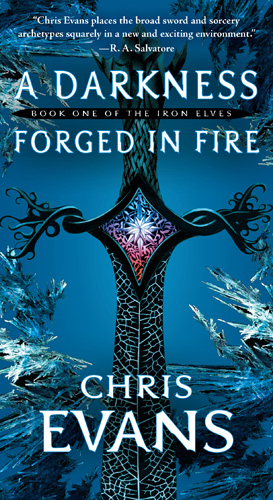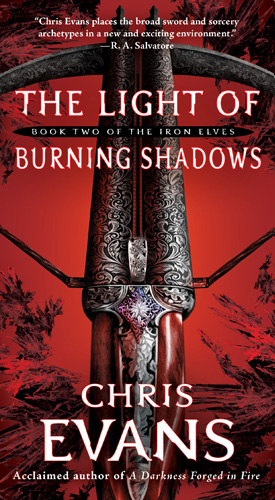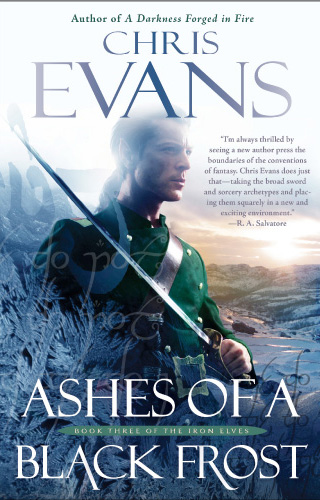Earlier this week I gave a talk at the New York Society Library on publishing. It was aimed primarily at writers of long form fiction and nonfiction. I had a great time giving it, and those in attendance seemed to enjoy it as well which was very gratifying. As an editor I see aspiring authors make fatal mistakes everyday so I thought I’d share what I’ve pieced together here with fellow writers. Keep in mind this is truly a basic overview. If you have suggestions/additions or outright disagreements with any of the points please share.
Caveat 1 – Everything you’ll read here is my opinion. There are no absolutes in publishing. Anything truly is possible, but the reality is 99.9% of the time things happen in a fairly predictable way. By understanding the basics you’ll improve your odds of getting published.
Caveat 2 – My background is in trade or commercial publishing. That means getting paid to write. And that means understanding and accepting that writing is also a business, and if you’re going to succeed you need to be both author and business person.
1. Finish Your Book. Very few books are sold based on an outline, especially novels.
2. Start The Next Book. As soon as you’ve finished your first book, celebrate by starting the next one.
3. Entertainment. Keep in mind that unless you’re writing tax code, and perhaps even if you are, your book should entertain. No matter if it’s fiction or nonfiction, you only succeed if you interest readers, and that means engaging them with your prose.
4. Communication. Your goal is to tell a story so that people understand it. Incomprehensible genius will lose to something relatable and readable every time.
5. Synopsis – Prepare a two sentence synopsis of your book along with a page outline. In essence, be prepared to provide a little, or a lot, of information. Practice describing your book in short, declarative sentences. Pretend you’re writing a 30 second commercial.
6. Query Letter. Short and sweet is always best.
7. Follow Directions. Whether you are contacting an agent of an editor, one who excepts slush, follow directions. If someone says email me an outline and one chapter, don’t send them the entire ms.
8. Grammar. If you do correspond by email please use proper grammar.
9. Backup. If you send anything by regular mail, always keep a backup copy at home. And always use white paper and black ink. Double-space any manuscript pages. Use a standard font and size such as Courier or Times New Roman in 12pt.
10. Author Bio. Prepare a short and long biography. Focus on what will make you interesting, especially as it pertains to the book you’ve written. If you’re a police officer and you’ve written a police procedural, make sure to include that. If you’re not a police office and you’ve written a police procedural, come up with a bio that explains your decision and why your book will be as good or better than one written by a cop.
11. Oprah. Just don’t. Avoid referencing Oprah in any way. Don’t say her name, don’t write her name, don’t even think her name. The same goes for the NYT Book Review, any television show, and any big name author.
12. Comparison. Don’t say your book is like The DaVinci Code, or Harry Potter, or Stephen King etc. Definitely don’t say it’s better. As soon as you do what you’ve really said is I have no idea how this business works. Now, if you know Oprah or your spouse works at the New York Times that’s another story, otherwise just stay away. Let the editor discover your brilliance. So, instead of saying “my novel is the next James Patterson” try “my novel is inspired in part by Patterson’s rigorous attention to small details, but then I go in this or that direction.” This way you’ve dropped a big name, but not in a way that appears self-aggrandizing…even though it is.
13. Movie Rights. The chances of a book being optioned, let alone picked up and made into a movie are so infinitesimal that you’d be better off putting your faith in lottery tickets…while being struck by lightning. So don’t mention them (but that doesn’t mean you should give them up if you’re offered a contract!)
14. Open Mind. Listen to advice, but don’t be a weather vane. Pay special attention to any advice you get from people who get paid to do what you want to do.
15. Write Everyday. Find the time. Like any skill writing needs to be exercised.
16. Be Prepared To Revise. That includes the title, the sex of the main character, perhaps even your conclusion. The key with any revision, however, is that you understand it and agree with it. Don’t revise, however, based on one or two casual reader comments.
17. Research. I’m talking in terms of getting published. For example, sending a history editor a romance or a mystery or a self-help book would be a waste of time. Sit down with a copy of LMP and Writer’s Market and find out which editors edit the kind of book you’re writing, and which agents represent authors writing those books. Stroll the aisles in the library and the bookstores. Check acknowledgements. See who published a book similar to yours. Be aware of what’s out there because your potential editor/agent will be. You don’t have to read every book by the competition, but you should have some idea who they are and what they do and most importantly, how you are different. Be able to define your book both by what it is and what it isn’t.
18. Promiscuity. Flirt with ideas. Try them on. Publishers aren’t looking for one book wonders unless it’s an exceptional memoir. They want an author who will produce year after year.
19. Be Prepared. Have your ducks in a row before you approach an editor or an agent. Editors make snap judgments, they have to. You have to be confident, but not overbearing. In other words, be a professional and you’ll be treated like one.
20. Don’t Mention The Following. Money, actors who would be perfect to play your character, Oprah, or what your friends thought.
21. Patience. If you’re serious that means you’re in this for the long run, so you need to approach it like a marathon runner and not a sprinter. Any book an editor buys today won’t likely be published for twelve months or more. Also understand that like any job, writing can be a grind. Dreams are fun, but making them a reality takes a lot of hard work…and often time.
22. Agent Exclusive. If an agent asks to see your ms exclusively that’s fine, but you in turn can and should stipulate a time limit.
23. No Fee. No reputable agent will charge you a fee upfront.
24. Experienced Agent vs. New Agent. There are pluses and minuses to both. An experienced agent will have a lot of clients which means you’ll likely be at the bottom rung of the ladder whereas you could be one of the biggest clients for a new agent.
25. Assistants Become Editors And Agents So Be Nice. Remember the twenty-something you talk to on the phone today could be buying manuscripts tomorrow. If you feel particularly frustrated one day (and in this business you will) instead of taking it out on an assistant channel that frustration into a character.
26. Small Publisher vs Large Publisher. The key, if you should be so fortunate as to have a choice, is to choose the publisher that is most excited and supportive of your book, and your career potential.
27. Marketing. You can make yourself a more attractive author by showing an understanding of marketing which in part means an understanding of the market. Know where you fit in the bookstore. Have ideas for your website (yes, in this day and age a website is pretty much standard).
28. Marketing II. Don’t become a marketing genius and then not have a quality product (your book) to promote. No amount of genius promotion will compensate for a lousy book. Word of mouth remains a huge factor in how people choose books to read.






